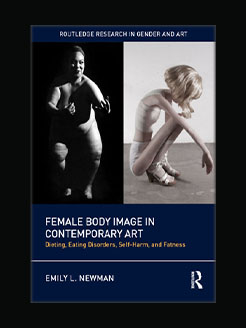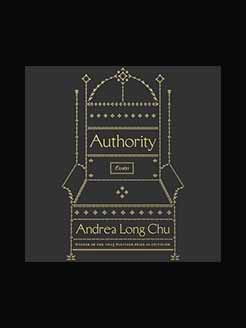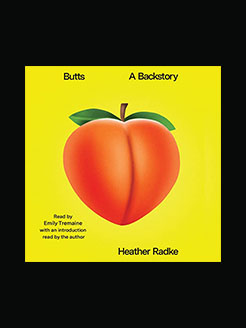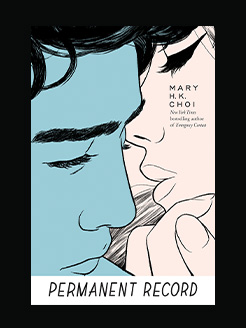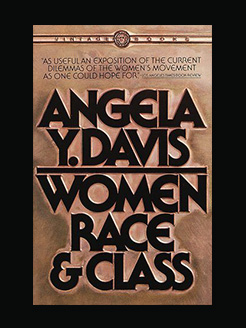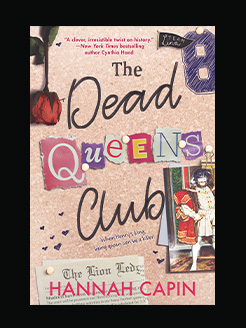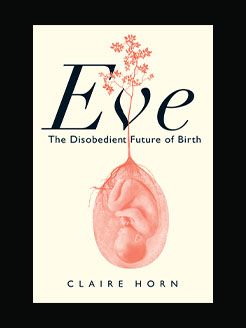Published in 1999 (first published 1996)
272 pages
Toni Cade Bambara, born Miltona Mirkin Cade (March 25, 1939 – December 9, 1995) was an African-American author, documentary film-maker, social activist and college professor. She was born in New York City to parents Walter and Helen (Henderson) Cade. She grew up in Harlem, Bedford Stuyvesant (Brooklyn), Queens and New Jersey. In 1970 she changed her name to include the name of a West African ethnic group, Bambara.
Bambara graduated from Queens College with a B.A. in Theater Arts/English Literature in 1959, then studied mime at the Ecole de Mime Etienne Decroux in Paris, France. She also became interested in dance before completing her master’s degree in American studies at City College, New York (from 1962), while serving as program director of Colony Settlement House in Brooklyn. She has also worked for New York social services and as a recreation director in the psychiatric ward of Metropolitan hospital. From 1965 to 1969 she was with City College’s Search for Education, Elevation, Knowledge-program. She taught English, published material and worked with SEEK’s black theatre group. She was made assistant professor of English at Rutgers University’s new Livingston College in 1969, was visiting professor in Afro-American Studies at Emory University and at Atlanta University (1977), where she also taught at the School of Social Work (until 1979). She was writer-in-residence at Neighborhood Arts Center (1975–79), at Stephens College at Columbia, Missouri (1976) and at Atlanta’s Spelman College (1978–79). From 1986 she taught film-script writing at Louis Massiah’s Scribe Video Center in Philadelphia.
Bambara participated in several community and activist organizations, and her work was influenced by the Civil Rights and Black Nationalist movements of the 1960s. She went on propaganda trips to Cuba in 1973 and to Vietnam in 1975. She moved to Atlanta, GA, with her daughter, Karma Bene, and became a founding member of the Southern Collective of African-American Writers.
On December 9, 1995, Toni Cade Bambara died of cancer at the age of 56. In its obituary of her, The New York Times called Bambara, “a major contributor to the emerging genre of black women’s literature.”
What is this book about?
Edited and with a Preface by Toni Morrison, this posthumous collection of short stories, essays, and interviews offers lasting evidence of Bambara’s passion, lyricism, and tough critical intelligence. Included are tales of mothers and daughters, rebels and seeresses, community activists and aging gangbangers, as well as essays on film and literature, politics and race, and on the difficulties and necessities of forging an identity as an artist, activist, and black woman. It is a treasure trove not only for those familiar with Bambara’s work, but for a new generation of readers who will recognize her contribution to contemporary American letters.
